|
Did You Know?
50% of Heart Attack victims have normal cholesterol. That’s because multiple factors in addition to cholesterol are required to determine the underlying cause of Heart Attack. The PULS (Protein Unstable Lesion Signature) Test measures the most clinically significant protein biomarkers that measure the body's immune system response to arterial injury. These injuries lead to the formation and progression of cardiac lesions, which may become unstable and rupture, leading to a cardiac event such as heart attack. PULS test results can help prevent a heart attack - starting now. The PULS Test can provide your physician with valuable information that can be used to determine the most appropriate course of action according to clinical guidelines. Who Should Get Tested? If you are over the age of 40 and have no previous history of heart attacks, you should speak to your healthcare provider to determine if the PULS test is right for you. A PULS test may also be recommended if you have one or more of the following risks factors:
Up to 80% of all heart attacks are preventable. The early detection of unstable cardiac lesions, combine with the management of risk factors, can help reduce your risk of heart disease and heart attacks. The New Year is a great time to reflect on the past and set goals for the future. Here are four daily habits to help keep your health on track in 2019! Habit #1: Avoid Blue Light At NightArtificial blue light exposure has become ubiquitous over the last decade and can significantly impact our sleep and overall health. Natural light contains the full spectrum of colours, including blue. Blue light is very stimulating on it’s own and signals ‘daytime’ to the brain. Most electronic screens emit very strong blue light waves and can trick the brain into thinking its daytime so that melatonin production is suppressed. The most common sources of blue light include smart phones, tablets, laptops, and TVs, as well as florescent and LED lights. Tips to reduce blue light exposure:
Habit #2: Mindful EatingMany people use the New Year to kick-start a detox or new diet, and while this can be helpful for some, it is often difficult to stick with in the long term. Rather than radically changing your diet, a simple approach can have a profound benefit – mindful eating. Simply stated, mindful eating really just means becoming more aware around eating. The benefits of mindful eating include stress reduction, improved digestion and bowel movements, better blood sugar control, and weight loss. Tips for mindful eating:
Habit #3: MovementLike dieting, most New Years resolutions involve getting back in the gym. While this is a worthy goal, if you don’t like going to the gym, chances are you won’t stick with it. So instead of forcing yourself to do something you don't like, try doing something you love! The options are endless – cycling, hiking, skiing, swimming, dancing, yoga, jogging, 7-minute workout apps, sports, climbing, rowing…just find something you enjoy, and make it a habit! Another useful tip is to incorporate more movement and activity in your day-to-day life. For example, taking the stairs at work instead of the elevator, or walking to the grocery store instead of driving (maybe even do a few bicep curls with your grocery bags!). These small daily changes will add up over time. Habit #4: MeditationMeditation tops many New Years resolutions lists, and for good reason! There are myriad health benefits to meditation, and in this fast-paced world we live in, most of us could benefit from taking a bit of time to slow down. While many people think they can’t “do” meditation, it really is for anyone. Plus it’s now easier than ever to get started, as there are numerous apps to help. Top apps for guided meditation: Wishing you all the best in the New Year!
|
AuthorDr. Tomah Phillips, ND Archives
April 2020
Categories
All
|


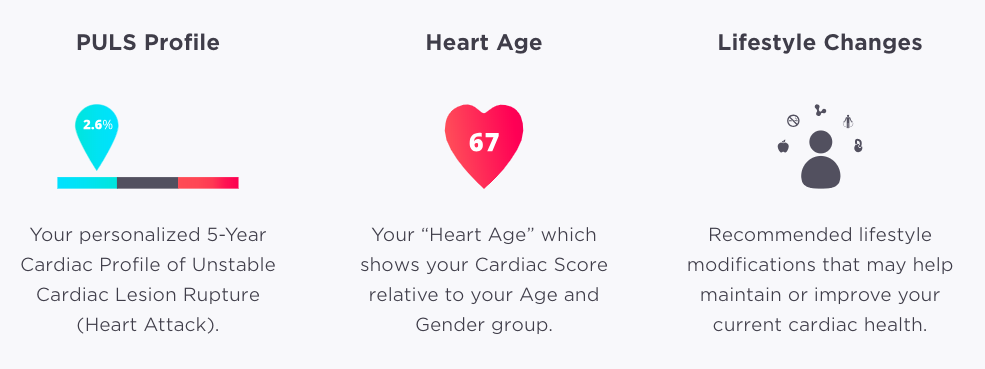






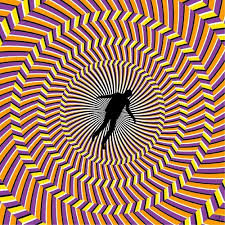
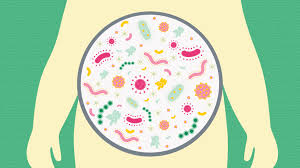
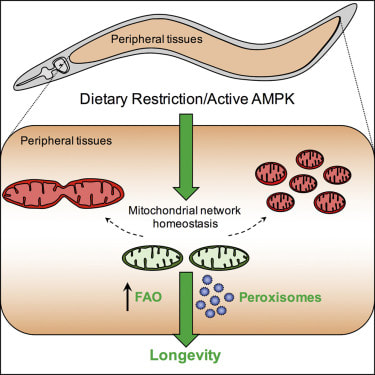

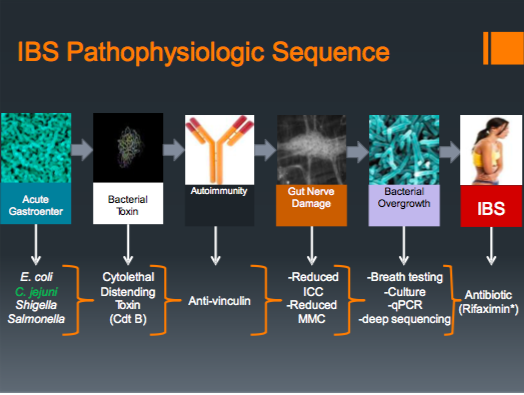
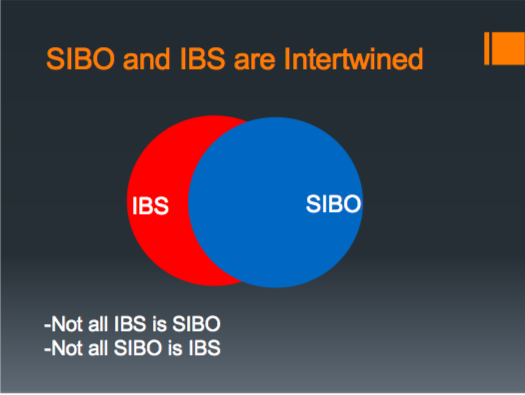




 RSS Feed
RSS Feed